Puerto Rico's governor has called on President-elect Donald Trump to respond after Venezuelan President Nicolás Maduro called for an invasion of the island territory.
Maduro's comments were an "open threat to the United States and our national security," Jenniffer González-Colón wrote in a post on X on Monday.
"I sent a letter to President @realDonaldTrump, trusting his administration will swiftly respond and make clear to the Maduro narco-regime that the U.S. will protect American lives and sovereignty and won't bow down to petty, murderous thugs."
Newsweek has contacted the Trump transition team, the Puerto Rico governor's office, and the Venezuelan Embassy in Washington for comment via email outside office hours.

Why It Matters
On Friday, the U.S. announced a $25 million reward for information leading to Maduro's arrest or conviction. The next day, Maduro called for Puerto Rico to be liberated from the U.S while speaking at the International Anti-Fascist Festival in Caracas. "The freedom of Puerto Rico is pending, and we will achieve it with Brazilian troops," he said.
Trump has history with Puerto Rico. During his first term, he had a problematic relationship with Puerto Rican officials, resisted sending aid after the island was devastated by hurricanes and tossed paper towels into a crowd during a visit after Hurricane Maria in 2017. Last October, a comedian called Puerto Rico "a floating island of garbage" during a Trump rally, sparking outrage.
What To Know
Maduro's liberation comments came a day after he was sworn in for a third six-year term on Friday following an international outcry and protests in Venezuela. The United States and other governments have rejected Maduro's claims of victory in last year's election, pointing to credible evidence validated by election observers that his opponent, Edmund González, had won by a more than two-to-one margin.
In her letter, González urged the incoming Trump administration to "swiftly respond" to ensure Maduro is aware that the U.S. "will not give in to the threats."
Venezuelan dictator Nicolás Maduro called for an invasion of Puerto Rico, an open threat to the United States and our national security. I sent a letter to President @realDonaldTrump, trusting his administration will swiftly respond and make clear to the Maduro narco-regime that... pic.twitter.com/fmq32X793n
— Jenniffer González (@Jenniffer) January 13, 2025"A few days after holding an illegitimate swearing-in ceremony, the socialist dictator Nicolás Maduro publicly proposed an invasion of Puerto Rico," she wrote. "This is an open threat to the United States, our national security, and stability in the region.
"I trust your incoming administration will swiftly respond and make it clear to the Maduro regime that, under your leadership, the United States will protect American lives and sovereignty and will not bow down to the threats of petty, murderous dictators."
González's letter noted that despite Maduro and others' calls for independence, Puerto Ricans have "repeatedly rejected" that option.
"Instead, we have voted to strengthen our union with the United States through statehood," she said, pointing to a nonbinding referendum held in November where a majority of voters opted for Puerto Rico to become a U.S. state.
The vote was the first referendum held in Puerto Rico that did not provide an option for maintaining the island's current status as a U.S. territory. Puerto Rico's political status can only change with approval from Congress.
González also highlighted the strategic importance of Puerto Rico to U.S. national security interests.
The island "is home to Fort Buchanan—the only U.S. Army installation in the Caribbean—and National Guard facilities like Camp Santiago, Fort Allen and Muñiz Air National Guard Base, all of which strategically support exercises and operations conducted by the U.S. military and our partners," she wrote.
"Similarly, Puerto Rico hosts critical U.S. Coast Guard and U.S. Customs and Border Protection assets and units that help secure our borders and combat the drug trafficking networks that fund the Maduro narco-regime. In fact, the United States shares a maritime boundary with Venezuela in Puerto Rico."
She said that Maduro's calls for an invasion "are a clear attempt to get rid of the United States' presence and grow influence in the area."
She added: "As Governor of Puerto Rico, I am ready to work with you and your administration to counter this and other threats posed by Maduro's illegitimate dictatorship and support the people of Venezuela in their fight for freedom.
"I also look forward to engaging in meaningful discussions on how to best enhance Puerto Rico's national security role and take a strong stance against the growing presence of our adversaries in the region."
What People Are Saying
Republican Rep. Carlos Gimenez wrote on X that Maduro "must face DIRE consequences for his actions."
He added: "The people of #PuertoRico are proud American citizens & we will NEVER tolerate these pathetic aggressions from a murderous thug!"
Christina Ponsa-Kraus, a professor of legal history at Columbia Law School, recently told Newsweek: "The Puerto Rican people have never—not once—voted for independence. For more than a century, they have been united in their desire to remain part of the United States one way or another, whether through statehood or some other form of association.
"And this past November, statehood received 57 percent of the vote. While support for independence did rise, reaching a little over 30 percent, that still leaves a supermajority opposed to independence. In other words, President Maduro is just another in an endless line of politicians who are happy to ignore the will of the Puerto Rican electorate and instead to exploit the issue of Puerto Rico's status for their own political gain."
Amílcar Antonio Barreto, a professor of cultures, societies and global studies at Northeastern University whose work has focused on Puerto Rico and Latinos in the U.S., told Newsweek: "I don't think anyone is going to take this seriously—in Puerto Rico, the U.S. or Brazil."
Former national security adviser John Bolton previously told Newsweek he would advise Marco Rubio, Trump's secretary of state nominee, "to ensure that Maduro does not believe he has won." He added: "When the opposition loses momentum, it gives dictators like Maduro the opportunity to strengthen their grip."
What's Next
Trump will return to the White House on January 20. It remains to be seen how his administration will respond to the Maduro regime.
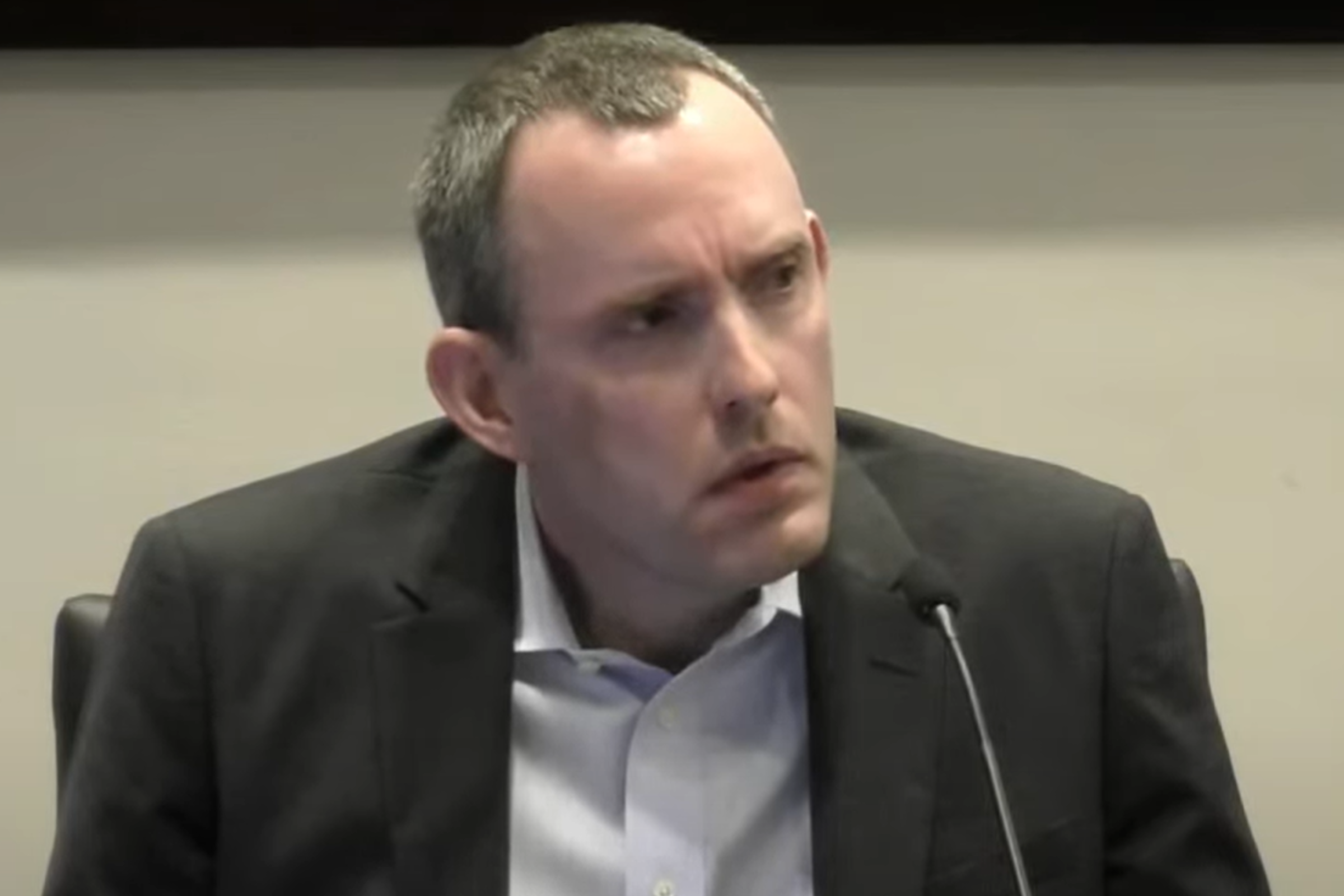
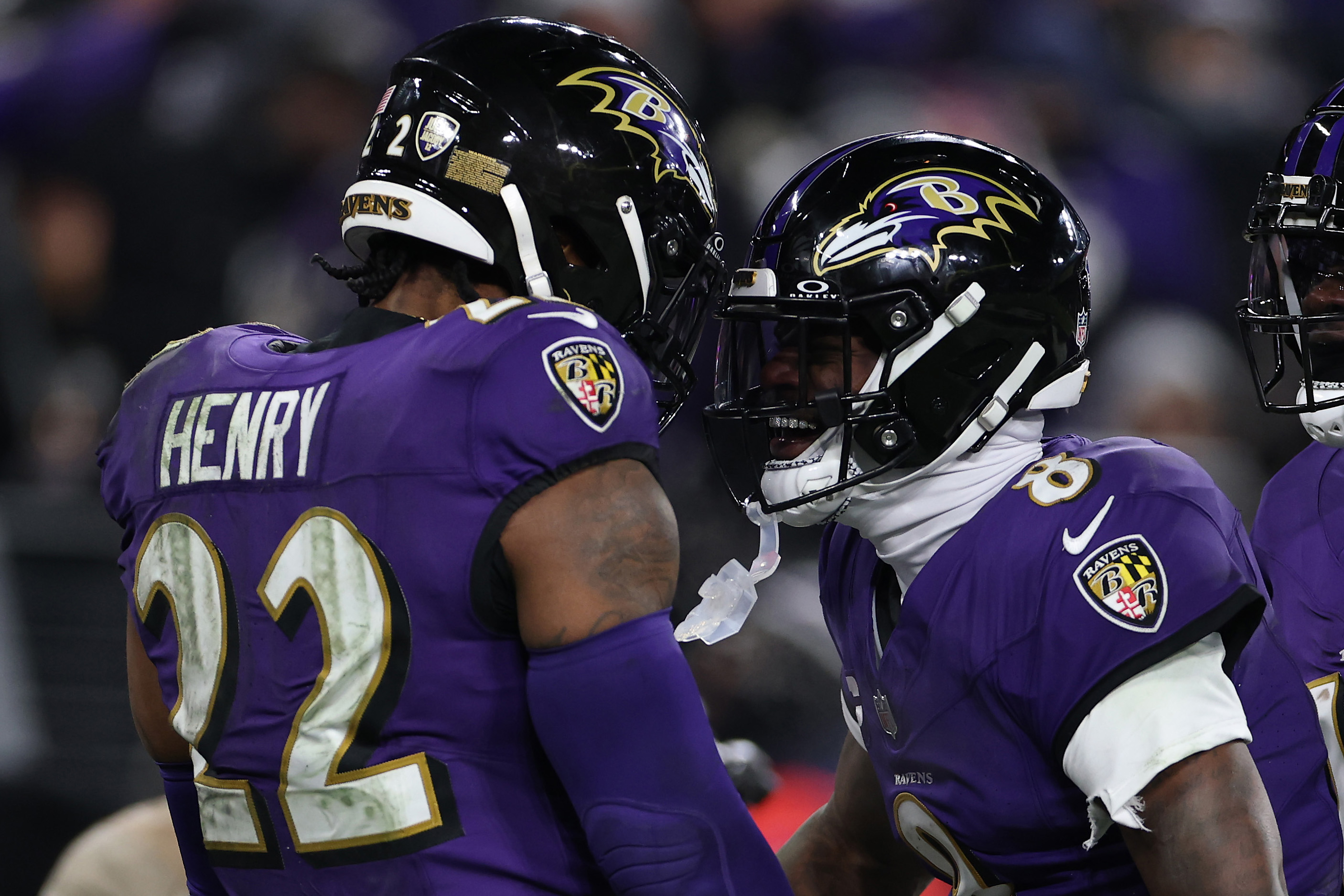

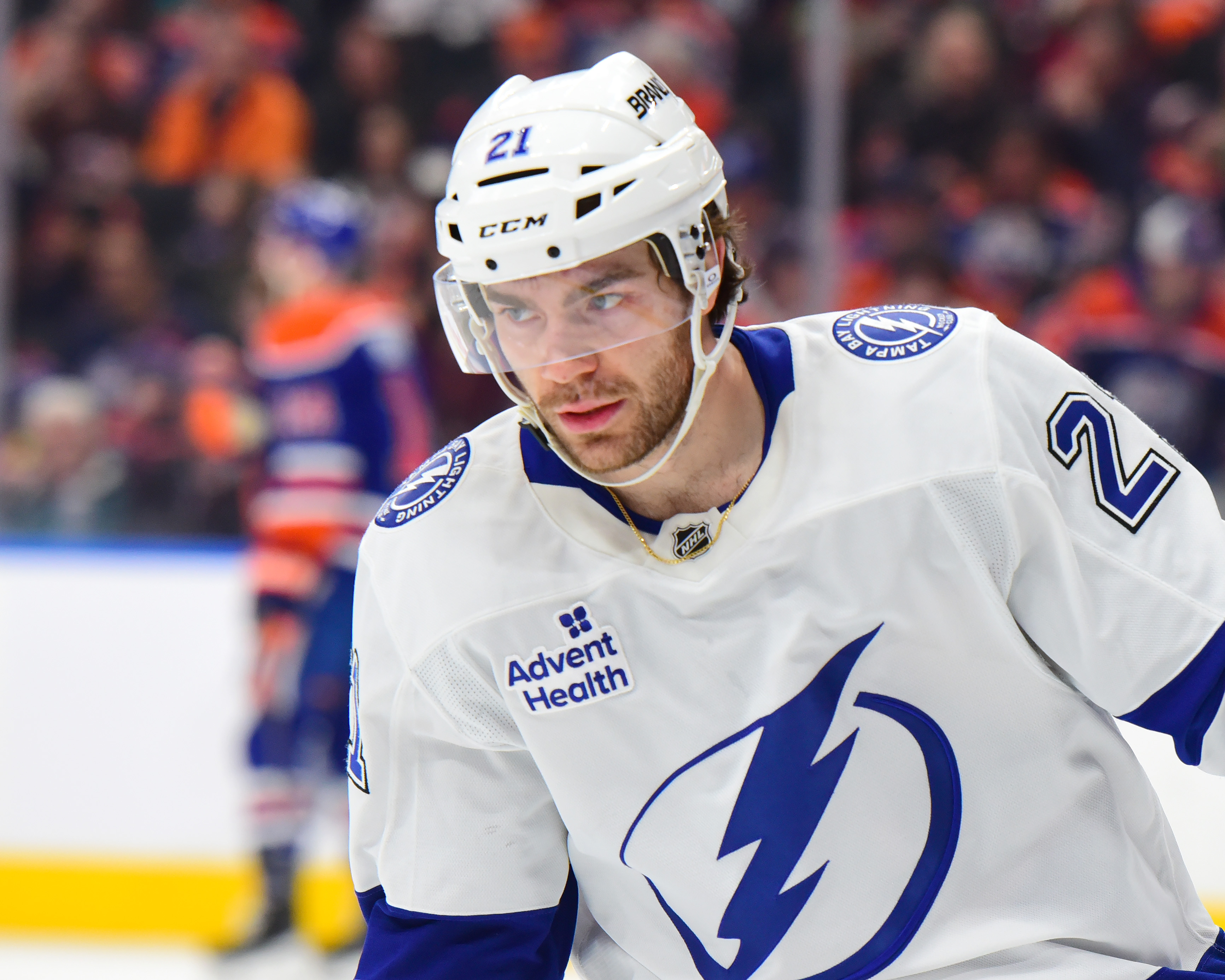
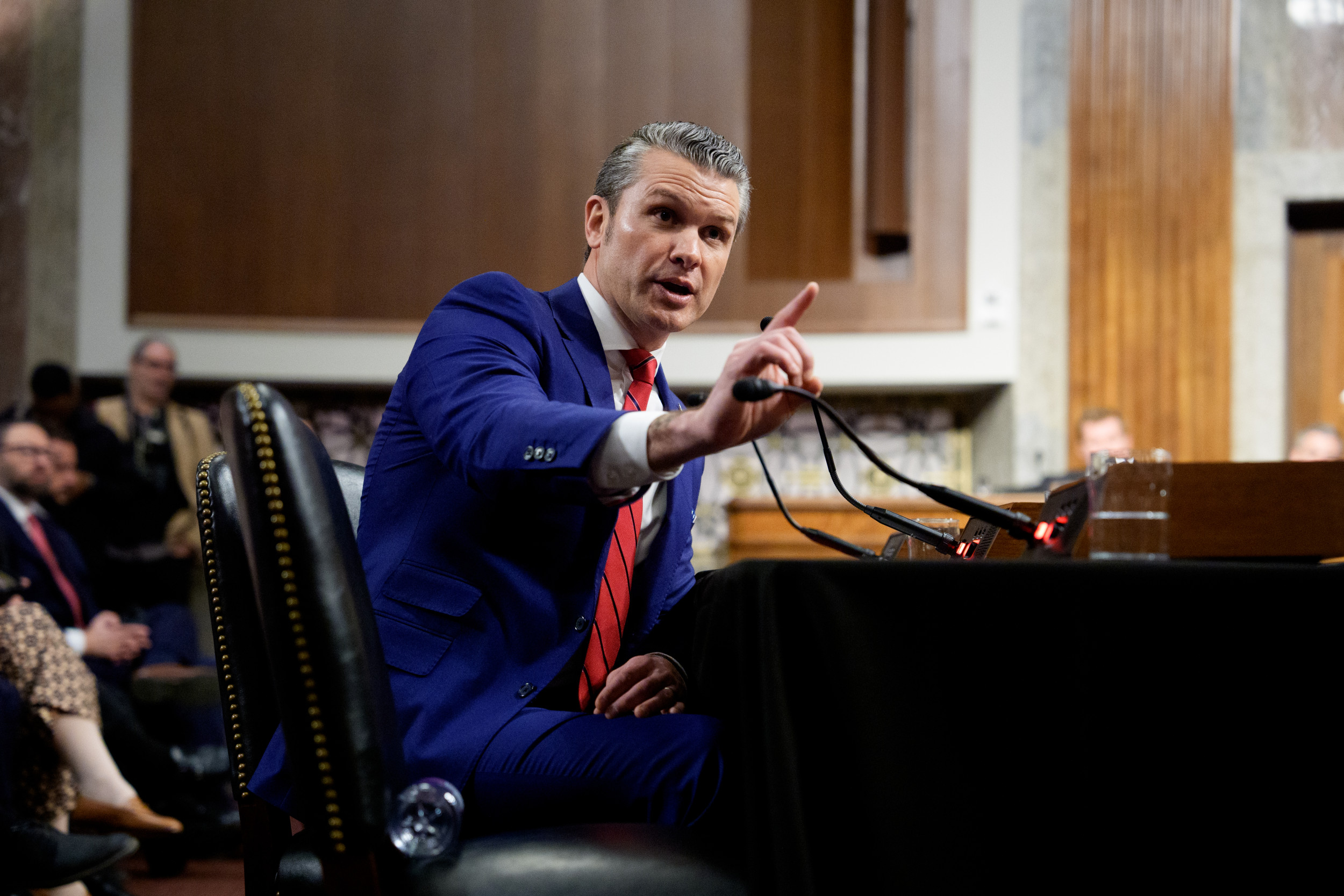

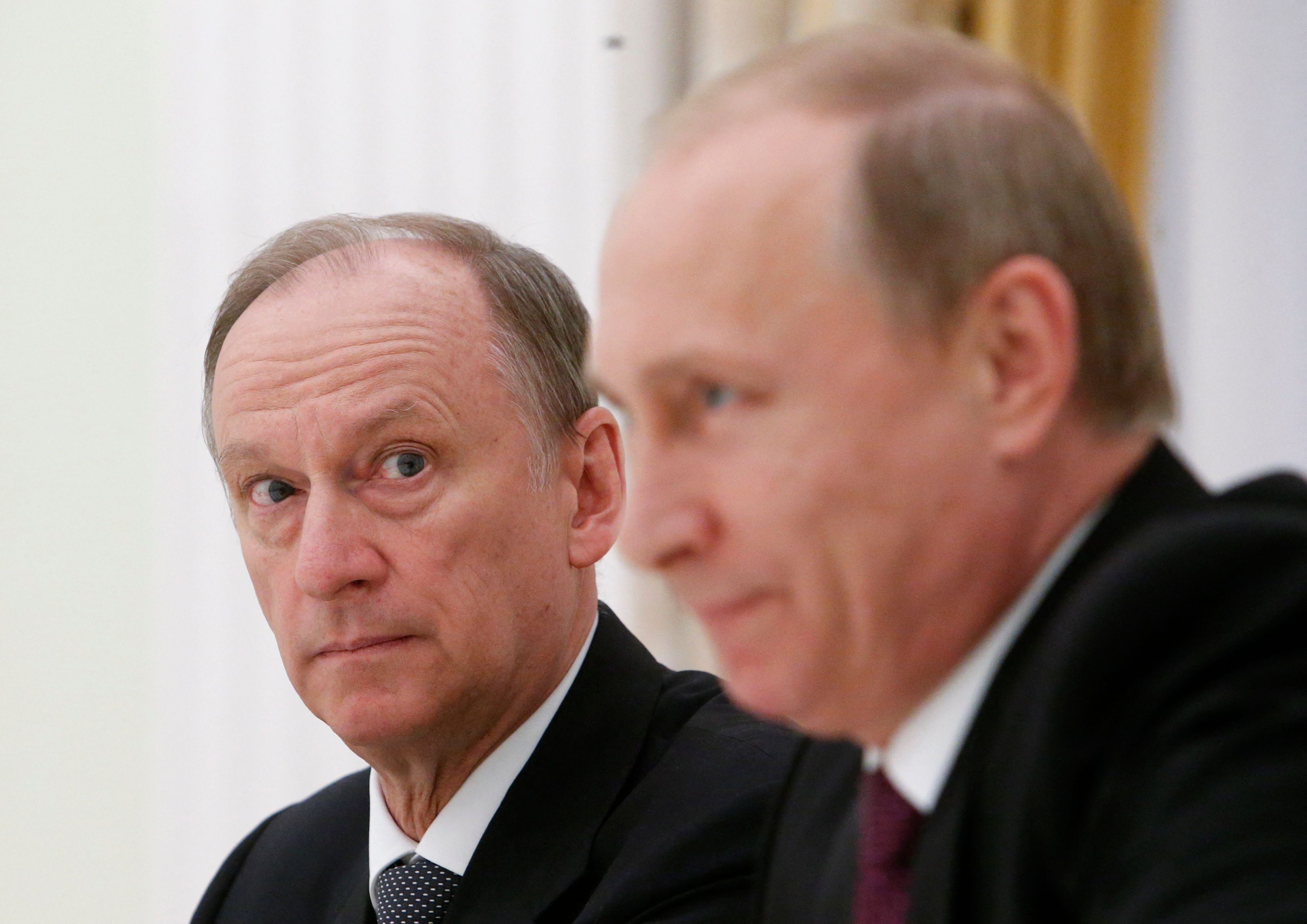



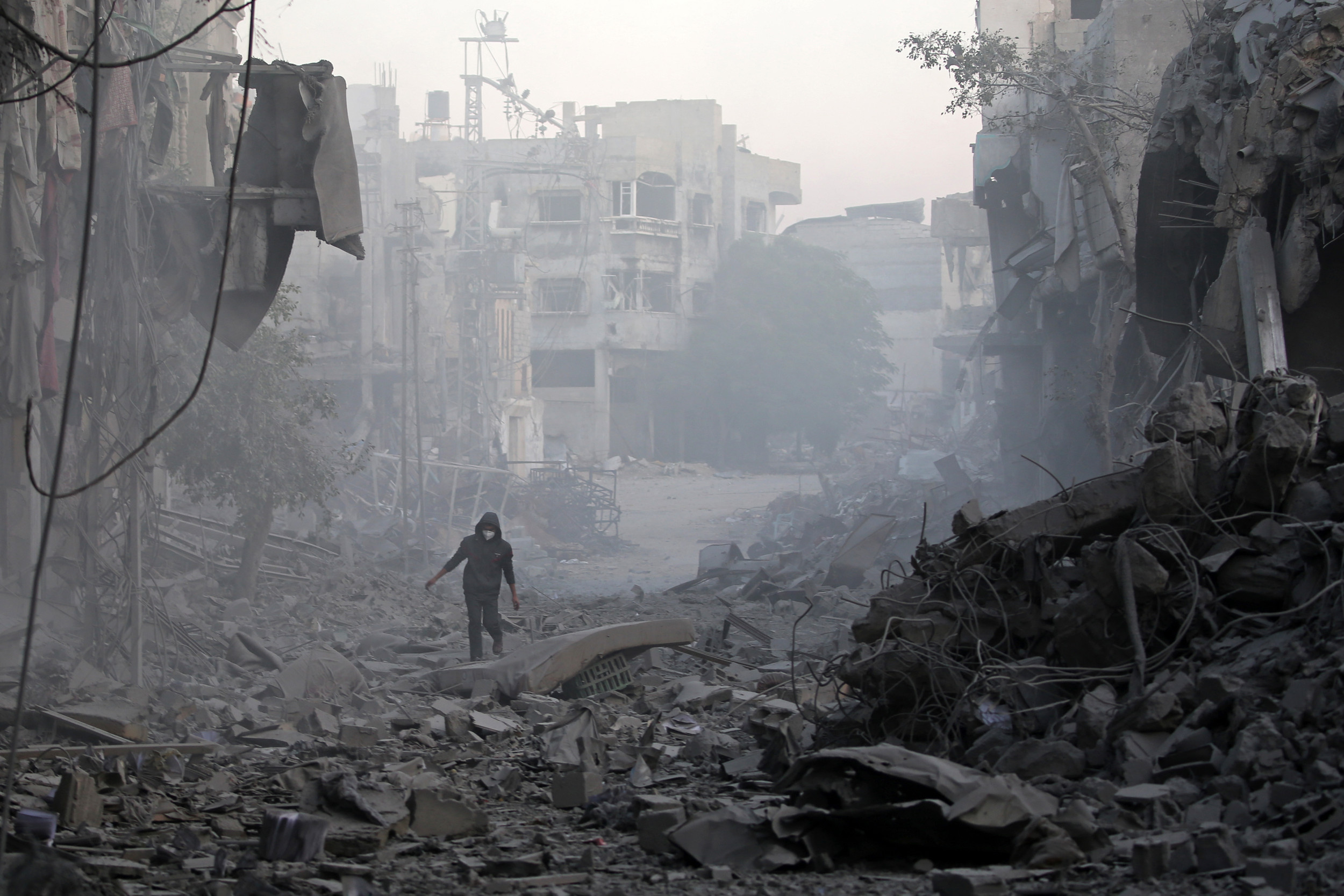









 English (US) ·
English (US) ·